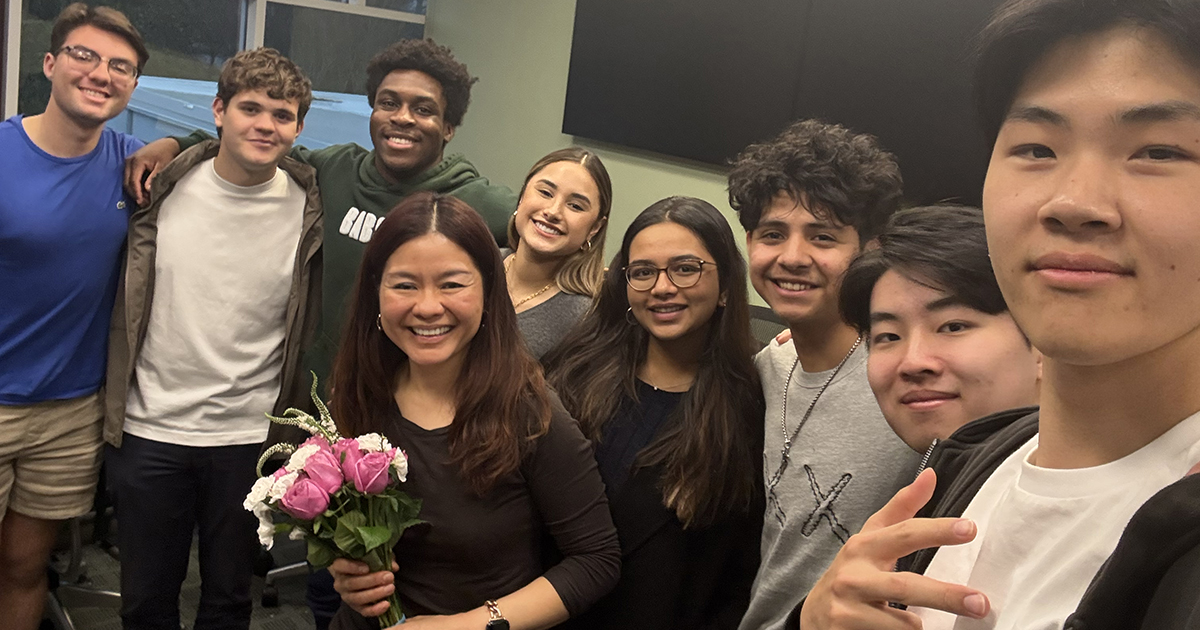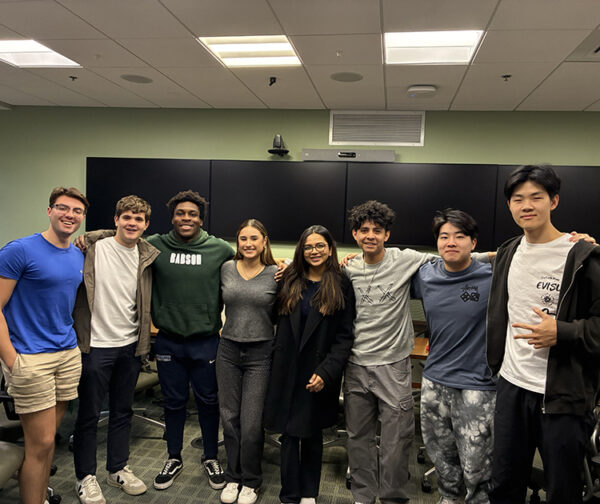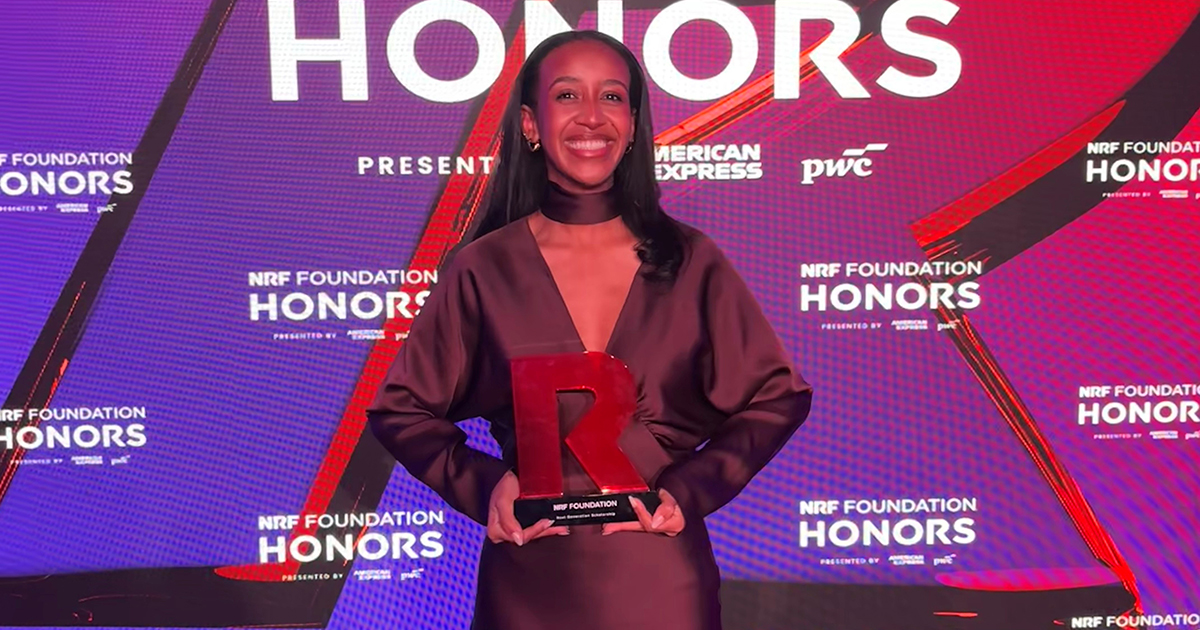Babson First-Year Students Learn to Navigate Family Legacies and Carve Their Own Path

When Fleur ten Doeschot ’27 arrived at Babson College from Switzerland, she wasn’t sure what to expect. The Wellesley campus was a world away from the reserved culture she was used to, where college life is quieter and student clubs rare.
“It was a big culture shock,” ten Doeschot said. “Everything is so different here.”
What she discovered was not just a campus teeming with entrepreneurial energy but also a program that would fundamentally reshape how she saw herself and her role in her family’s business.
The First Year Family Entrepreneurship Mastermind program—led by Benjapon Jivasantikarn MBA’05, associate director of student programing at The Bertarelli Institute for Family Entrepreneurship—is designed specifically for first-year students from family business backgrounds.
“Seventy-five percent of all startups are family driven. This means that, if you are starting a business, you will likely tap into your family for resources, advice, or connections,” Jivasantikarn said. “As we know, this can be hard to do. Our yearlong mastermind program is designed to empower students to leverage their family entrepreneurship to launch their own startup.”
The program also offers a space for students to share stories, pitch ideas, and advise one another as they learn more about themselves.
Learning to Listen
At the heart of the program is Jivasantikarn, the program’s director and architect of its distinctive culture. From the outset, she detailed clear, firm guidelines for how students should engage with one another.

“We put away our devices, keep our focus on the person speaking, and practice active listening,” she said.
As the group continues its weekly meetings, students open up about topics at the intersection of self, family, and businesses. They learn to ask questions with curiosity, not judgment. Instead of offering advice, they’re encouraged to share personal experiences and how they overcame challenges.
“The first year is a tricky time,” Jivasantikarn said. “Students are away from family for the first time, learning more about themselves and navigating life. Having this confidential group sets a foundation for them and provides good habits to practice.”
The next step is empowering students to communicate with their families about the business and their own priorities.
“We want students to get to know themselves, to be able to manage themselves, and be effective in their relationships—especially with family,” Jivasantikarn said. “Relationships are the missing link in family entrepreneurship. If the relationship doesn’t work, the family won’t work, and the business won’t work.”
Finding Their Voice
The program’s structure—a small group, intimate storytelling, and peer-led questioning—was key to ten Doeschot’s progress.
“Hearing other students’ stories about their family businesses made me realize everyone’s trying to figure out where they fit,” she said.
For many students, the program isn’t just about business—it’s about finding their voice as a member of the family and the family business.
“The program gave me the courage to carve out my own path, have new conversations with my dad, and get out of my comfort zone,” ten Doeschot said.
Know Thyself
By December, students pitch their startup or innovation within their family business. The idea is for students to learn about themselves through taking small actions and to learn how to leverage family capital, such as knowledge, connections, and resources.
“It’s about knowing yourself and being true to yourself while learning how to relate with family,” Jivasantikarn said.
Ten Doeschot’s entrepreneurial journey began with a startup idea in water filtration, connected to one of her father’s private equity ventures. Through deep-dive discussions and peer feedback within the group, she pivoted and decided to focus on something closer to her heart: supporting young athletes from underprivileged backgrounds.
“The program gave me the courage to carve out my own path, have new conversations with my dad, and get out of my comfort zone.”
Fleur ten Doeschot ‘27
Deciding on a venture had been tough—but earning her father’s approval was even more intimidating.
“The program was very useful in that it helped me build a business peer relationship with my dad, which I obviously had never experienced before,” ten Doeschot said. After discussing the issue with the group, she approached her father over the winter break and got the green light. “My relationship with my dad evolved a lot.”
That led to TalentNEXT, ten Doeschot’s foundation that serves as a sister organization to her family’s TalentNED, a sports academy in the Netherlands. Talent Next focuses solely on financial and personal support for athletes who lack the resources to pursue their goals.
Carrying Forward
Ten Doeschot’s experience is exactly what the First Year Family Entrepreneurship Mastermind program is meant to provide, Jivasantikarn said.
“Throughout the year, students support one another through taking action on their start-ups and working on relationship skills needed to chart their path with family support,” she added. “At the core of it all is strong relationships.”
As ten Doeschot looked back on the program, she encouraged first-year students to give it a try and offered some advice.
“Trust the process,” she said. “There were so many little things that led me to where I am now, and I’m glad I had the experience.”




